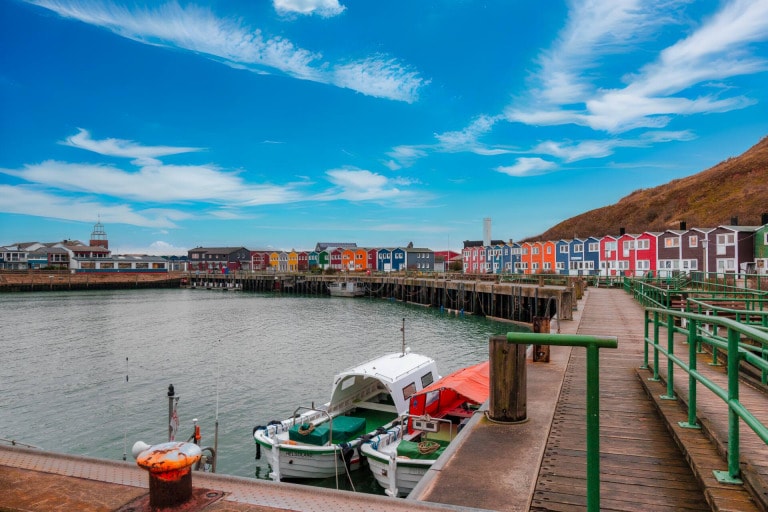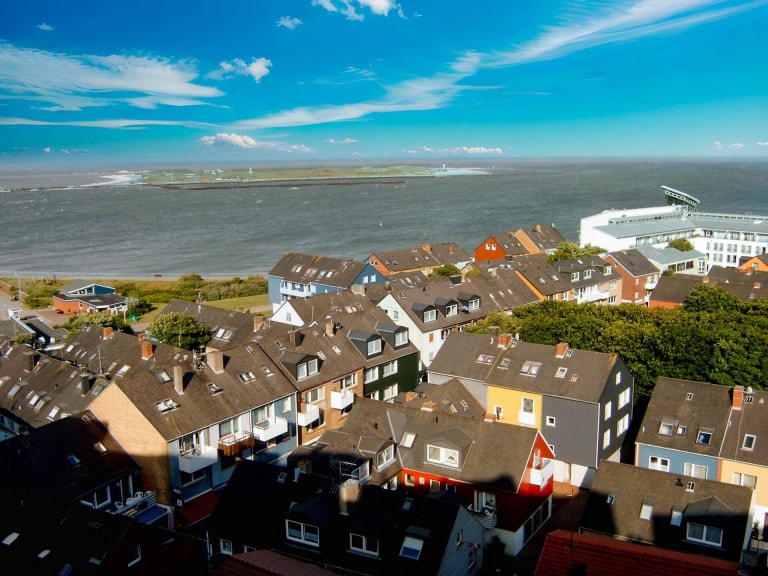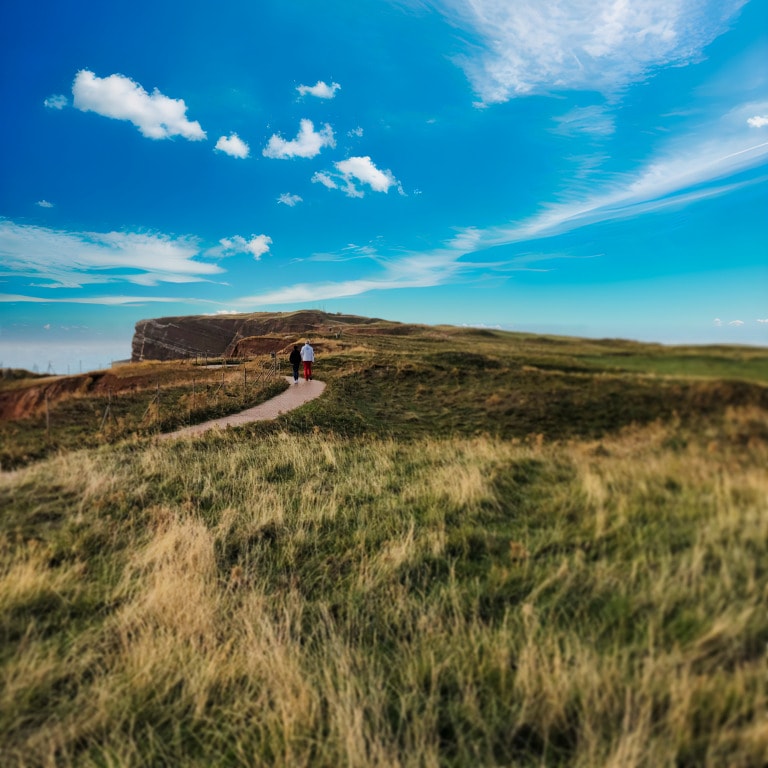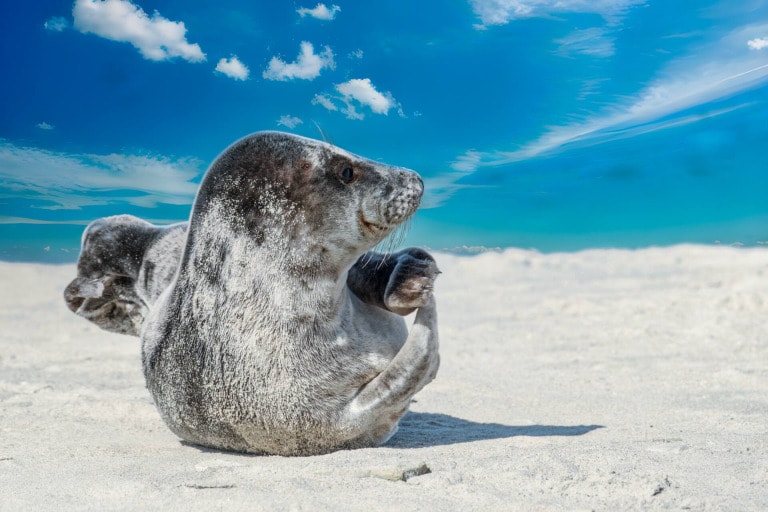He is after the German Heligoland island where it was traditionally caught in large quantities.
The Heligoland is a prized delicacy in many European countries, including Spain, Portugal, France and Italy. It is known for its sweet, juicy meat, considered one of the best in the world. It has a distinctive reddish-brown color and is covered with sharp spines that make it difficult to handle.
It is also an important type of trade, with a value of around 200 million euros annually. It is caught using traps or fish traps set on the seabed and baited with fish or other seafood. The lobsters are then harvested by hand, as their sharp spines make them difficult to handle with machines.
Despite its importance as a commercial fish, it has experienced a population decline in recent years. Overfishing, habitat loss and climate change are contributing to this decline. In response, many countries have taken measures to protect the species, such as fishing quotas and the establishment of marine protected areas.
The delicacy is not only culinary, but also a popular species for research. Scientists are interested in studying the behavior, physiology and genetics of the lobster, as well as the effects of climate change on its population.





